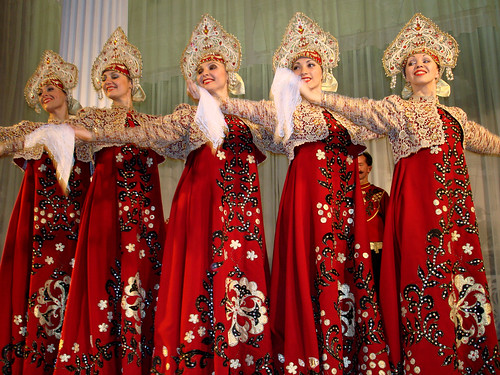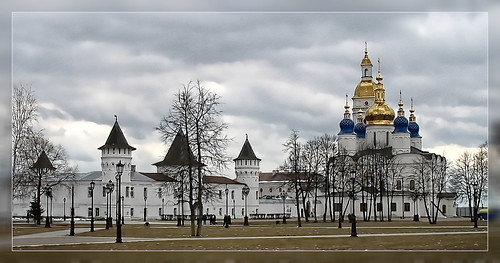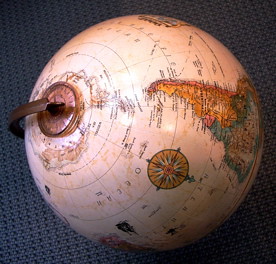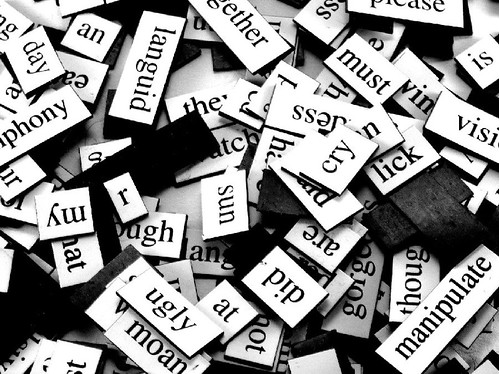
Russian is the native tongue of the country of Russia. More than 150 million people throughout the world speak Russian as their first language. Many of these live in Russia, though the language is also spoken in Kazakhstan, Ukraine, Belarus, Kyrgyzstan, Lithuania and Estonia. It is an unusual language with an interesting history. Knowing something of the language’s history and style is important if you want to learn to speak Russian.
The Beginnings
The earliest written record of Russian is an amphora (a tall
jar), which was found in Gnezdovo. It is estimated that it was made around the
10th century. This style of Russian vanishes just a few hundred
years later. The Russian language as we know it today has a fascinating history
that dates back to the 14th century when the ancestors of today’s
Russians spoke with various dialects of an old East Slavic language.
Classification
Russian is a Slavic language which is part of the
Indo-European family. As a spoken language its nearest relatives would be
Belarusian and Ukrainian. The style and vocabulary of modern Russian were
heavily influenced by Church Slavonic – the liturgical language of the Russian
Orthodox Church. Over the course of more recent centuries, Modern day Russian
has also been greatly influenced by Central and Western European languages such
as Polish, German, Dutch, as well as Greek and Latin.
Difficulty
Russian does have
something of a reputation for being difficult to learn, though it is not as
difficult as some languages; Chinese or Arabic for example. Its classification
in terms of learning difficulty is a level III language. For native English
speakers it requires an average of 780 hours of immersion instruction to
develop intermediate fluency skills.
The Cyrillic Alphabet
The Russian
alphabet originated in the 9th century and contains Cyrillic
characters. It was created by two Greek missionaries - Methodius and Cyril. The
brothers based the alphabet on the Greek. The Cyrillic alphabet is often intimidating to people who wish to learn
Russian, but though it differs from the English alphabet in many obvious
respects, it is not too difficult to learn. Some of the letters do look and
sound similar to English letters. The Russian alphabet can usually be learned
within a week.
Russian Literature
Russian Literature
Learning the
Russian language can open the door to a whole new area of literature. Many
famous great works of literature were penned by Russian authors. Here are just
a few of the most well-known:
·
War
and Peace by Leo Tolstoy
·
Crime
and Punishment by Fyodor Dostoyevsky
·
A
Sportsman’s Sketches by Ivan Turgenev
·
The
Overcoat by Nikolai Gogol
Reading Russian
literature in its original tongue allows you to capture a closer understanding
to that which the author intended than reading an English translation permits.
Benefits of Learning Russian
There are many other benefits to learning Russian as well as
being able to explore the country’s fantastic literature. If you are planning
to take a vacation to Russia, understanding and speaking even the most
rudimentary Russian will be of benefit. It will not only help you get by on a
daily basis form purchasing food to traveling, it will also enable you to learn
and understand more about modern Russia, its culture and its people. If you are
planning a business trip to Russian, learning the language is essential. There
are a number of lucrative business opportunities available in Russia and
speaking the native language will indicate your seriousness and
professionalism.
Sources




